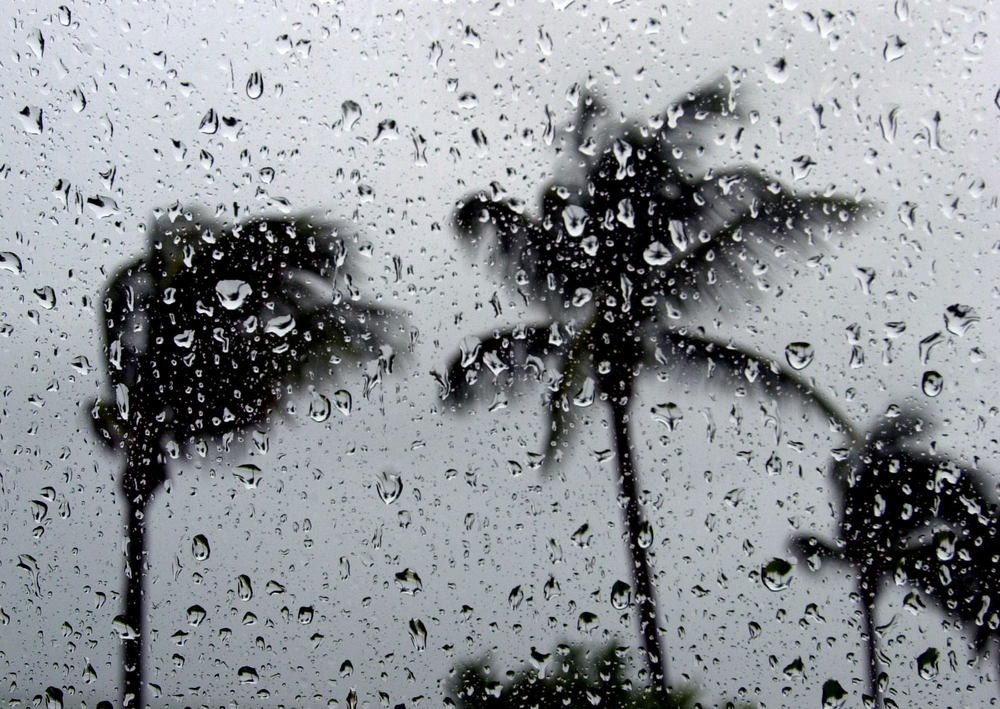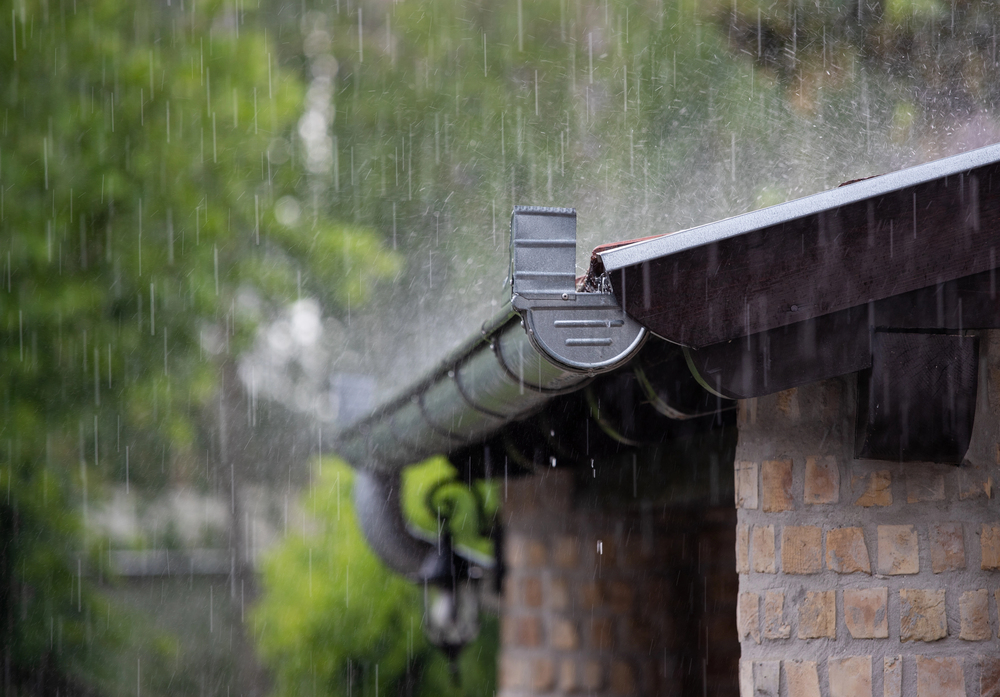Damage to Premises Rented to You: How the CGL Limit Responds to a Fire

By: Big “I” Virtual University Faculty
Q: An insured is renting a retail store space and has a commercial general liability policy. If they have a fire within the rented space that consumes the space and moves outward into the neighboring retail space, damaging the neighboring space, what limits would respond? Would the limit allocated for damage to premises rented to you respond to the insured’s space? And would the general liability occurrence coverage kick in to cover the damage sustained by the neighboring retail space?
Response 1: In general, yes—if the insured is negligent in causing the fire and held legally liable. The property coverage of the neighboring tenants should respond, but if the origination of the fire was caused by the negligence of the insured, their CGL may respond.
The key question is whether the insured was liable in causing the fire, such as roasting marshmallows on an open fire in the breakroom.
Response 2: You are correct that the damage to premises rented to you limit applies only to the space rented by the tenant. The limit on each occurrence of the CGL policy would apply to property damage beyond the rented space.
But keep in mind that the each occurrence limit for property damage beyond the rented space will be reduced by damages paid under the damage to premises rented to you limit, which is a sublimit of the each occurrence limit.
For example, say the damage to premises rented to you limit is $100,000 and the each occurrence limit is $1 million. If the damages to the rented space are $100,000 or more, the each occurrence limit left to pay the property damage beyond the rented space would be $900,000.
Response 3: General liability covers damage to others’ property for which your named insurance is responsible via negligence or contract.
If the lease made your insured responsible for damage to the property they are renting, they should have had property coverage since that contract gave them an insurable interest. If that coverage was not written, fire damage legal liability would apply, but in the limit given in the policy.
Response 4: Tenants need to look carefully at the repair and reconstruction or damage and destruction sections of the lease. What are they obligated to repair? Is there a mutual waiver of subrogation?
The CGL excludes damage to space owned, occupied or rented. Many, if not most, leases hold the tenant responsible for replacement of interior finishings.
The fire legal liability sublimit in the CGL applies for fire damage to the leased space. However, it doesn’t apply to damage caused by other perils. It does apply to fire damage to property beyond the leased space. Tenant issues are challenging. Be careful.
Response 5: The damage to premises rented to you sublimit covers damage to property of others in the space that is rented or used. The insured must be legally liable. It only covers fire damage to the premises, unless it’s rented for seven days or less. In that case, it covers any damage to the premises and contents for which the insured is legally liable.
Any damage outside of that space is covered by the property damage limit. The damage to premises rented to you limit is a sublimit of the occurrence limit. If the occurrence limit is exhausted in paying damage to other property, there is no damage to premises rented to you limit left. If the damage to premises rented to you limit is paid first, it will be subtracted from the occurrence limit and what’s left will be used to pay the other property damage. Payments made under damage to premises rented to you also reduce the general aggregate.
This question was originally submitted by an agent through the Big “I” Virtual University’s (VU) Ask an Expert service, with responses curated from multiple VU faculty members. Answers to other coverage questions are available on the VU website. If you need help accessing the website, request login information.
This article is intended for general informational purposes only, and any opinions expressed are solely those of the author(s). The article is provided “as is” with no warranties or representations of any kind, and any liability is disclaimed that is in any way connected to reliance on or use of the information contained therein. The article is not intended to constitute and should not be considered legal or other professional advice, nor shall it serve as a substitute for obtaining such advice. If specific expert advice is required or desired, the services of an appropriate, competent professional, such as an attorney or accountant, should be sought.










